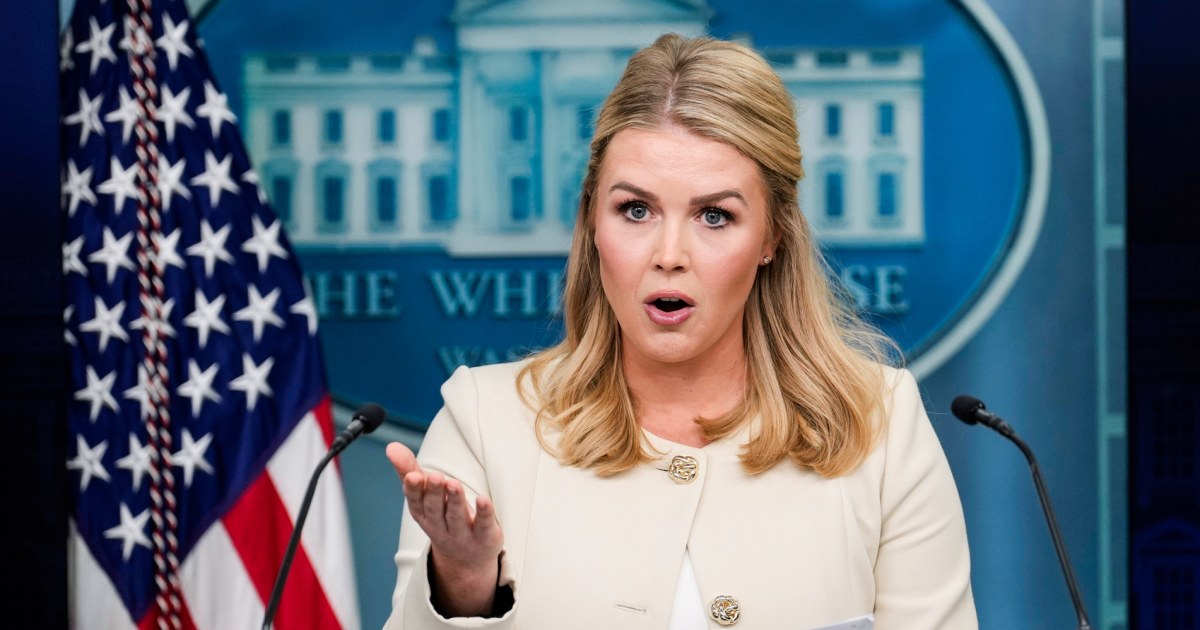Fact-Check Slams White House Judge Claim: Misinformation Spreads Amidst Judicial Nomination
The White House's recent claim regarding Judge [Judge's Name]'s qualifications has been met with swift and decisive pushback from several prominent fact-checking organizations. The statement, made during a press briefing on [Date], asserted [White House's Claim]. However, independent verification reveals a starkly different picture, raising concerns about the administration's commitment to transparency and accuracy in its public pronouncements.
The Contested Claim and Its Fallout
The White House's claim centered around [Specific aspect of the claim, e.g., the judge's judicial experience, rulings on specific cases, or affiliations]. This assertion, quickly disseminated across major news outlets and social media, fueled considerable debate and spurred immediate fact-checking efforts from organizations such as [List reputable fact-checking organizations, e.g., PolitiFact, Snopes, FactCheck.org].
Key Discrepancies Revealed by Fact-Checkers
Multiple fact-checking organizations independently investigated the White House's assertion, uncovering significant discrepancies. Their findings highlight:
- Contradictory Evidence: Fact-checkers cited [Specific evidence contradicting the claim, e.g., court documents, legal analyses, news reports]. These sources directly challenged the White House's narrative, revealing a lack of supporting evidence for their claim.
- Omission of Crucial Context: The White House's statement omitted crucial contextual information that significantly alters the interpretation of [Specific aspect of the claim]. This omission, critics argue, intentionally misrepresented the situation.
- Selective Use of Data: Analysis by fact-checkers indicated a selective and potentially misleading use of data to support the White House's claim. They highlighted instances where relevant data points were excluded, distorting the overall picture.
Impact on Public Trust and the Nomination Process
The debunked claim casts a shadow on the ongoing nomination process for Judge [Judge's Name]. The swift and comprehensive refutations from independent fact-checkers raise serious questions about the administration's commitment to providing accurate information to the public. This incident underscores the critical role of fact-checking in maintaining public trust and ensuring informed decision-making, particularly in matters of significant public interest.
The Importance of Media Literacy in the Age of Misinformation
This episode serves as a stark reminder of the prevalence of misinformation and the importance of media literacy. Citizens must be equipped to critically evaluate information sources and identify potential biases. Relying solely on official statements without independent verification can lead to misinformed opinions and flawed conclusions.
- Verify Information from Multiple Sources: Always cross-reference information from multiple credible and independent sources before accepting it as fact.
- Be Aware of Potential Bias: Consider the source's potential biases and motivations when evaluating information.
- Check for Fact-Checking Websites: Utilize reputable fact-checking organizations to verify claims before sharing them.
Conclusion: Transparency and Accuracy are Paramount
The White House's inaccurate claim regarding Judge [Judge's Name]'s qualifications highlights the critical need for transparency and accuracy in public communication. The swift and decisive responses from independent fact-checkers demonstrate the vital role they play in safeguarding public discourse and upholding the integrity of the political process. Moving forward, greater emphasis on verifiable information and a commitment to evidence-based communication are crucial to restoring and maintaining public trust.
Keywords: White House, Fact-Check, Judge [Judge's Name], Misinformation, Judicial Nomination, [Relevant Political Party], [Relevant Political Issues], Media Literacy, Transparency, Accuracy, Public Trust, [Fact-Checking Organizations' Names]
(Optional) Call to Action: Learn more about media literacy and how to identify misinformation by visiting [Link to a reputable media literacy resource].
